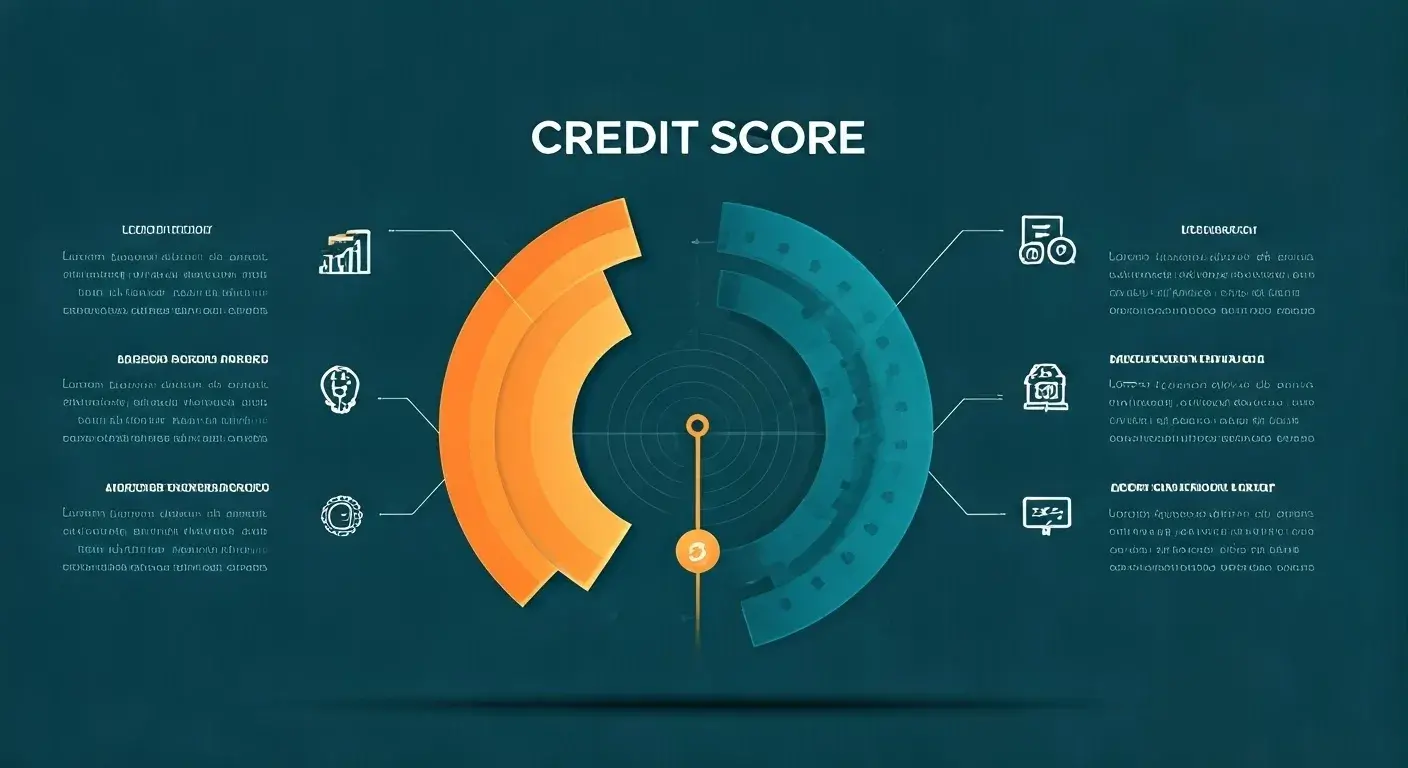
After many years, if you have one or more outstanding debts that you never bothered to pay or even recognize, you may be wondering whether this obligation can still be lawfully pursued. Many customers ask: may debt collectors sue me for a balance five, 10, or even twenty years old? The sort of debt and the rules that apply in the particular state will define the very vague response to this question.
Usually, the state's laws provide creditors and debt collectors a certain window of time to suit you in court to get the unpaid debt back off. This time restriction is known as the statute of limitations; if it runs out, your debt becomes "time-barred" and the creditor will not have the right to get it back from you. The kind of debt and the state will dramatically affect the three to ten-year statute of limitations term.
For example, in many states, the statute of limitations is:
- Credit card debt: It is for the age group of 3 to 6 years.
- Auto loans: Order of 4-6 years
- Mortgages: 6-20 years
- Student loans: They can be collected as long as one wants to; there is no limit on rare items.
- Medical debt: Depending on the state, it is 3-10 years of schooling before children start attending lower secondary school.
As much as it is necessary to understand that when the statute of limitations has run out for a given debt, it does not necessarily mean that the debt is written off or that debt collection agencies will not still come for it. More on this below.
Is It Legal for Debt Collectors to Call Me About a Debt, Even If the Debt Is Old
To the best of my knowledge, I am sorry to say that there are no federal laws that would keep collectors from contacting you regarding a debt that is beyond the statute of limitations. They can even sue you, even as they legally pale into insignificance should they take you to court, only to discover that you have documents that will indicate that the debt is barred by time.
This is why one should write back to any notice about old debts to request that the creditor provide you with written confirmation of the debt. One should not acknowledge the debt and make any payment to the creditors. This relieves the clock as far as the legal collections are concerned and brings the debt back to life.
When will the debt stop appearing on my credit report?
According to the FCRA, information about unpaid debts cannot be reported for more than seven years on your credit report. However, the time required to get the credit report is different from the time one cannot be sued. That is why, even if a certain debt has been removed from your credit report because it is already very old, you can still be sued for it if the statute of limitations in your state is more than seven years.
It is important to know that a debt once removed from your credit report will cease to affect your credit scores. Collections may still try to collect on old debts if so allowed in your state of residence though.
Several measures protect against oversold debt laws; these include:
There are also federal and state laws that extend coverage on matters concerning expired or stale debt. These include:
- Fair Debt Collection Practices Act: Prevents collectors from stating that they will sue the customer over debts that are way beyond the legal age limit of suing or the statute of limitations.
- Time-barred debt laws: The law should protect the consumers from the collectors from being sued if the debt being collected is over the statute of limitations.
- State laws: A few states have a provision that the collectors need to inform the consumers if the debts being collected are barred by the statute or beyond the reporting age.
In its essence, one cannot sue if the statute of limitation has elapsed for a collector. Therefore, when being faced with an old bill, do not give in to panic. Learn more about the state laws, get suggestions from the consumer credit counseling service, and protect your rights as a consumer under federal and state laws. Only communicate with collectors in writing, do not take any actions that would restart the statutes of limitations, and maintain detailed records regarding personal finances. Knowing some of the regulations that apply to these overdue debts will make you feel relieved each time you are confronted with collections of those past unpaid bills.
The Answer in Brief:
It depends. State laws on limitations prescribe the period within which creditors can sue for nonpayment of various debts, but this period has not elapsed on a 10-year unpaid bill. Collectors may still contact consumers to collect though in the eyes of the law, they are on thorny ground. Studying the outdated debt consumer protection laws at the state and federal levels and answering in writing the collectors’ calls accordingly can prevent the collectors from violating your rights to the overdue bills you owe.
Call now for expert credit repair services: (888) 803-7889
Read More:
Can a late payment be removed from a credit report?
Can you recover from late payments?
Is it pointless to pay off collections?
How long will it take to pay off $20,000 in credit card debt?
Is credit card debt forgiveness a real thing?




